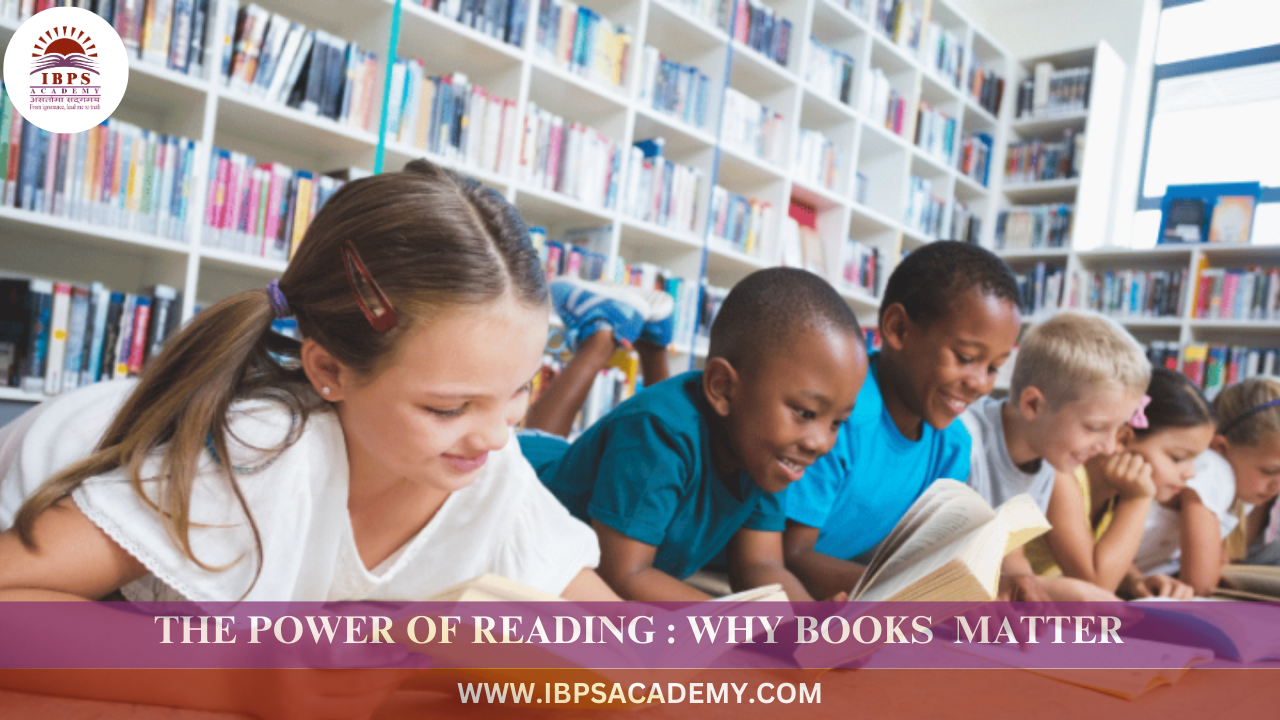

Books have an incredible power to shape our minds, expand our perspectives, and enrich our lives. Here are some reasons why books matter:
Reading stimulates the brain, much like exercise does for the body. It improves memory, concentration, and critical thinking. Engaging with complex narratives or challenging material sharpens our intellectual abilities and enhances cognitive functions.
Books are one of the most powerful tools for acquiring knowledge. Whether it's fiction or nonfiction, reading exposes us to new ideas, cultures, historical events, and scientific discoveries. It's a gateway to understanding the world around us and broadening our horizons.
When we read stories about people from different walks of life, it fosters empathy. We can connect with characters’ emotions, struggles, and triumphs, which helps us better understand and relate to others in the real world. This is particularly true with literary fiction, which often deals with complex human experiences.
Books are an excellent source of vocabulary building. By encountering new words in context, we can improve our language skills and enhance our ability to communicate. This is particularly helpful for both writing and speaking.
Reading provides an escape from everyday life, offering a break from stress and a chance to dive into different worlds. Immersing yourself in a good book can help you unwind and reduce anxiety, creating a safe haven for the mind.
In today’s world of constant distractions, reading a book requires sustained attention. It demands focus, which helps to train the brain to stay present and concentrate on one thing for an extended period.
Reading books, especially well-written ones, exposes us to various writing styles, sentence structures, and ways of storytelling. This naturally influences our own writing abilities, whether it’s for professional, academic, or personal purposes.
Books allow us to explore fantastical realms and go on adventures without leaving our seats. Reading taps into our imagination, encouraging creativity and new ideas. It’s not just about facts—fiction offers endless possibilities that spark the mind.
Finishing a book, especially a challenging one, provides a sense of achievement. It’s a personal milestone and a reminder that dedication and focus can lead to rewarding outcomes.
Books expose us to ideas and viewpoints that may challenge our own. This can help build tolerance and understanding, making us more open-minded and compassionate toward different cultures, lifestyles, and ideologies.
Books, particularly self-help or philosophical texts, prompt deep reflection about our lives, choices, and values. They can guide us on our journey of personal development, offering new perspectives on self-improvement, motivation, and mindfulness. Reading can spark moments of introspection that help us grow into better versions of ourselves.
Books offer a unique lens into different cultures and societies. Whether through fiction, historical accounts, or travel writing, literature opens up a window to the lives of people across the globe. Reading diverse authors and stories helps us break down cultural barriers, fostering a sense of shared humanity and global citizenship.
Books are a key tool in preserving history. From ancient texts to contemporary accounts, they provide invaluable records of the past—stories of wars, revolutions, social movements, and pivotal moments. By reading these works, we gain a deeper understanding of where we come from, the struggles of previous generations, and the progress humanity has made.
Reading books allows us to connect with thinkers and writers from past generations, experiencing their thoughts and ideas as if having a conversation with them across time. This bridge between the past and the future ensures that important knowledge, art, and wisdom are passed down, providing a lasting legacy for future generations.
Books have the potential to spark social change. They inform, inspire, and sometimes ignite movements. Activist books, biographies, and essays have historically played a key role in shaping public opinion and advancing social causes. Reading these works can encourage individuals to take action toward justice, equality, and positive change in their own communities.
Books often serve as common ground for conversation, bonding over shared reading experiences. Book clubs, online discussions, and casual conversations around a shared favorite novel or new discovery help build connections between individuals, fostering a sense of belonging and social interaction. A single book can unite people of different backgrounds, creating a shared narrative that sparks meaningful dialogue.
The act of reading allows our minds to wander and think beyond conventional limits. Whether reading about groundbreaking discoveries or imaginative worlds, books push the boundaries of creativity. They provide us with the tools to imagine things that do not yet exist and the inspiration to innovate in our own fields.
Books often teach resilience by showcasing characters who overcome adversity, whether in historical contexts or fantastical worlds. These stories of struggle, triumph, and growth can inspire readers to face their own challenges with strength and perseverance. Through books, we learn that change is possible and that hope, no matter how small, is always worth holding on to.
Books are more than just a source of information or entertainment. They are catalysts for personal transformation, social progress, and collective understanding. Their power extends far beyond the pages, shaping individuals, communities, and societies for the better.
